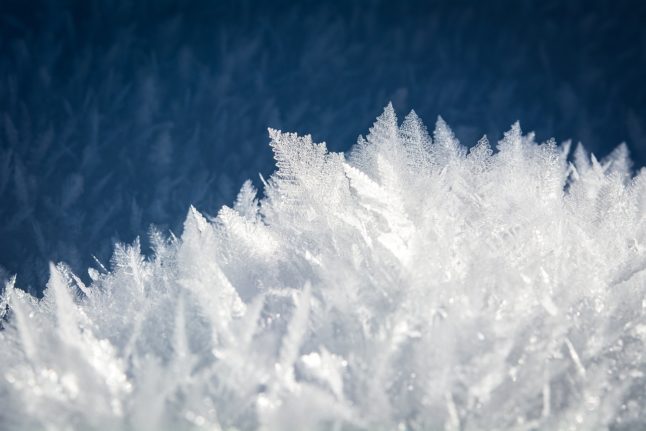EN PHOTOS. La bise et le froid font frissonner la Suisse romande https://t.co/PLzqhmdIed pic.twitter.com/U08smImaFx
— Le Temps (@letemps) January 18, 2017
Non à @LouiseLaBise!#froid #suisse #bise pic.twitter.com/amm9ar6hkd
— Alejandro (@Alej_Pal) January 18, 2017

Source: MeteoSuisse



 Please whitelist us to continue reading.
Please whitelist us to continue reading.
Member comments